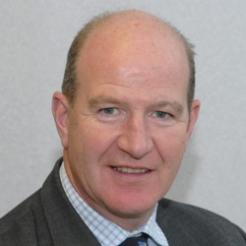The London Prevent Network, part of the government’s counter-terrorism strategy, and the Metropolitan Police have today launched a safer giving campaign after concerns about fraudulent fundraising and charity collections used to fund terrorism.
Support Charity Not Crime, which is being supported by the Fundraising Standards Board, aims to reach more than one million Londoners through a “viral outreach” campaign and 200,000 leaflets are being handed out to individuals, businesses, and education and religious institutions.
The FRSB said the campaign aims to disrupt and deter criminals from charity fraud and theft, and inform the public about how to ensure they are supporting genuine charities.
It comes after high-profile cases where charity collections were used to fund terrorism.
In February last year, three men were found guilty of 12 counts of preparing acts of terrorism using money raised in aid of Muslim Aid.
Alistair McLean, chief executive of the FRSB, said: “It is deeply concerning to us at the FRSB that criminals prey upon the generosity and trust of supporters, diverting much-needed funding from the cause.
“In supporting this campaign, our core focus is to protect that income stream, to preserve public trust and, above all, to encourage charity donors to keep on giving.”
The campaign encourages people to check whether charities are registered with the Charity Commission, whether collectors are wearing ID badges, and to look out for the FRSB’s tick logo.
Sam Younger, chief executive of the Charity Commission, which is also supporting the campaign, said: “"I welcome today's campaign to encourage Londoners to make a few simple checks to ensure their donations go to registered charities. Initiatives like this support the good work of genuine charities and help disrupt people intent on abusing charity for criminal purposes."








